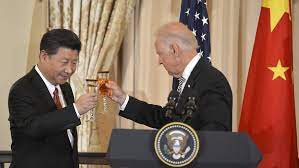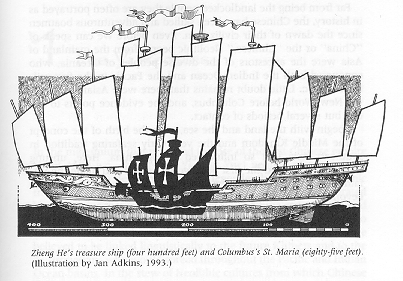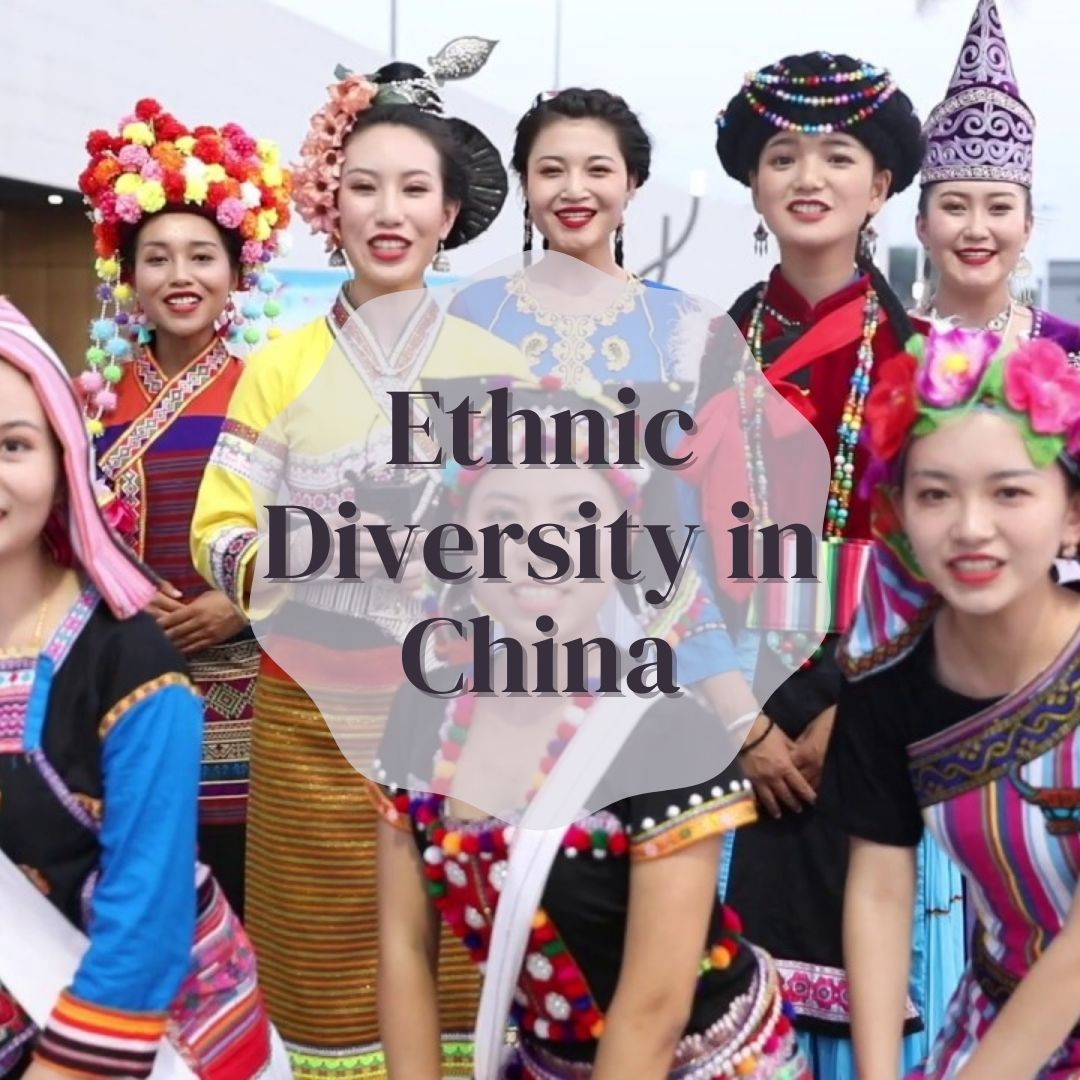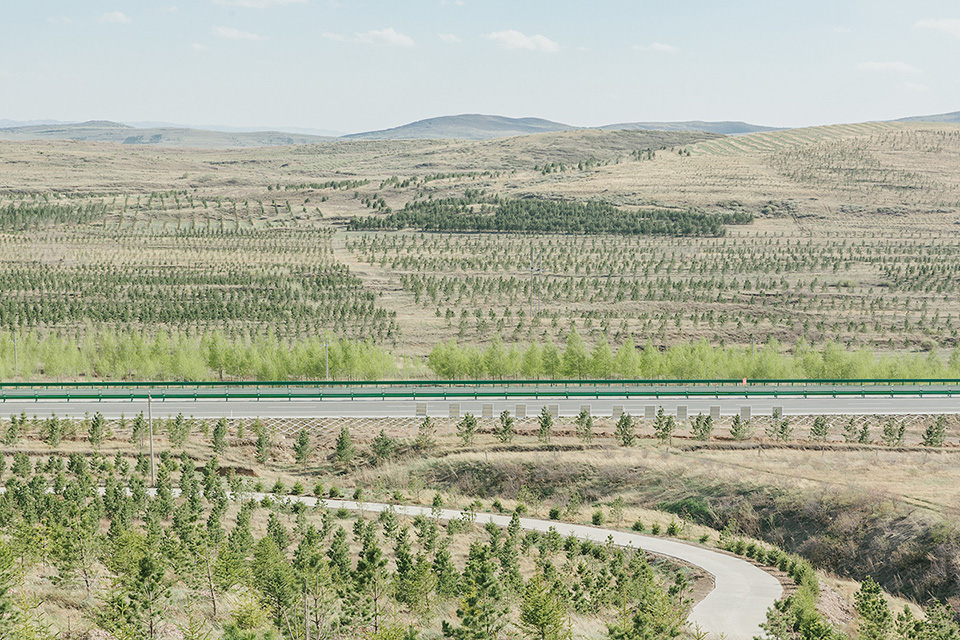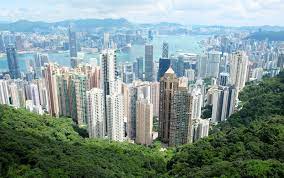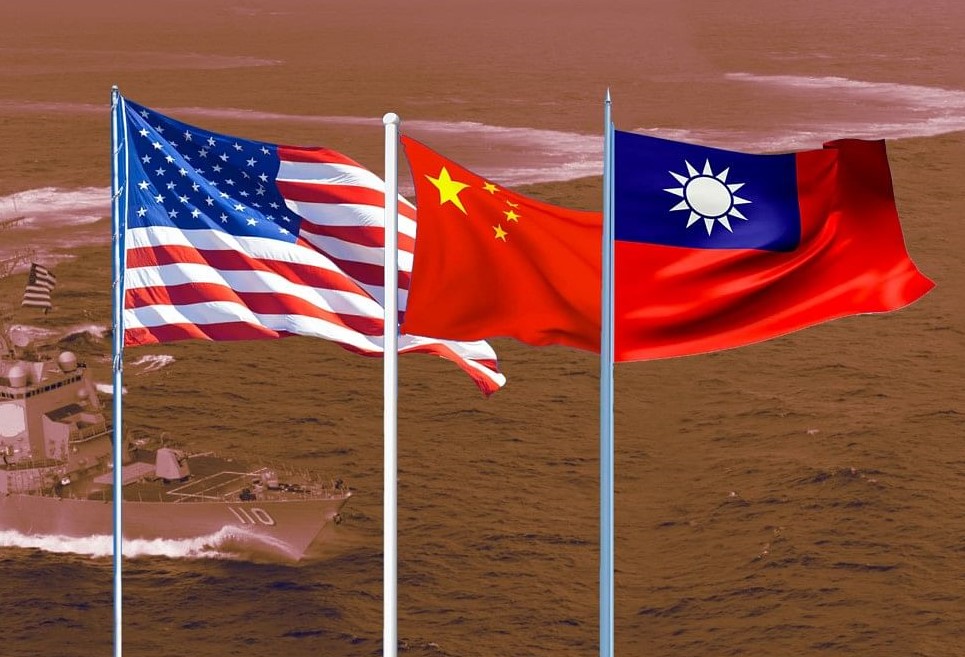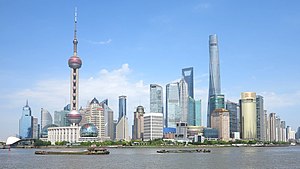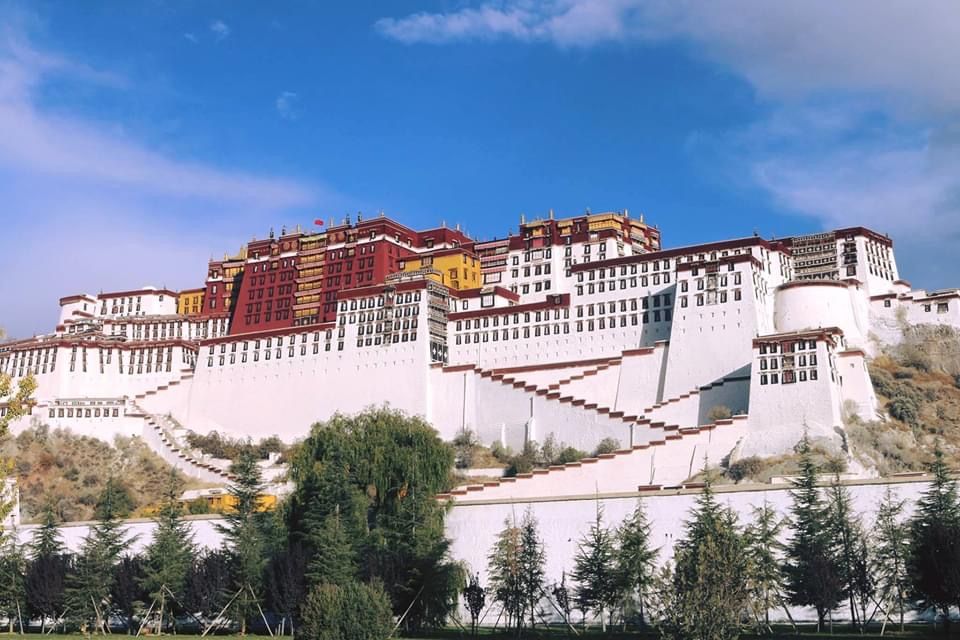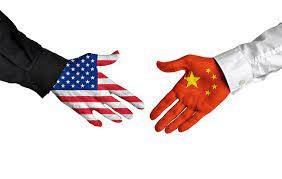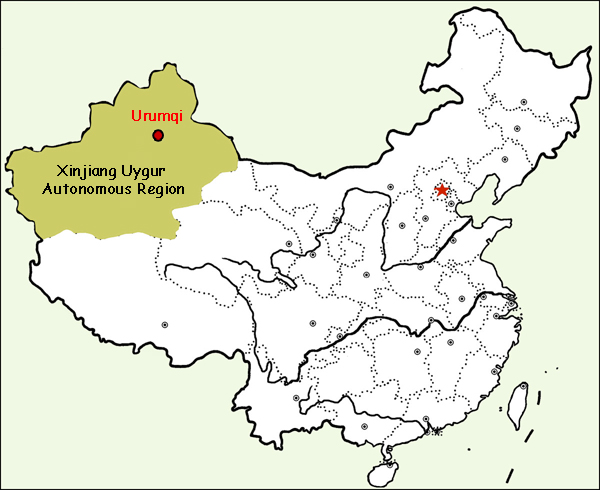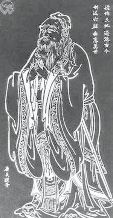
USA-China Perspectives
Jean Kuo Aitchison
Jean Kuo Aitchison was born in Zhengzhou in the Province of Henan, China in 1936, and died in Palo Alto, USA in 2021. She left China in 1949, when her father, who was a diplomat in the Nationalist government, brought the family to Hong Kong after the Communist Revolution. In 1950 the family emigrated to the USA. Jean studied at Hunter College, New York, and won a scholarship to Duke University, North Carolina, where she earned a Master's degree in chemistry. She met her physicist husband Ian Aitchison while they were both working at Brookhaven National Laboratory, Long Island, New York. They settled in Oxford, England in 1966. In 1983 Jean successfully submitted her PhD thesis to the School of Oriental and African Studies (SOAS), London University. The thesis title is "The Chinese Maritime Customs Service in the transition from the Ch'ing to the nationalist era: an examination of the relationship between a western-style fiscal institution and the Chinese government in the period before the Manchurian incident." After a successful business career involving partnerships with organizations in China, Jean retired in 2007 and moved with her husband back to the USA, where she once again took up her interest in Chinese history and government. For the last seven years of her life she was working on a book on Chinese history and government, written with western readers particularly in mind. She had become deeply concerned by the increasingly confrontational nature of the relationship between a rising China and a dominant USA, and she wanted to give western readers a better understanding of Chinese history, and of the Chinese point of view generally, in the hope that this would help to promote peace between the two nations she cared so much about. Her motivation is well expressed in the draft Preface she wrote for the book:
"As an American of ethnic Chinese background, the thought of the two countries, to which I am deeply attached, falling into an adversarial position against one another troubled me greatly. There is a great need for the peoples of America and China, having evolved from different civilizations, to build bridges of understanding to help them not only co-exist in peace but also cooperate in meeting new challenges in this nuclear-armed and globalized world. My desire to join the bridge-builders, together with my belief that insight into China's past is indispensable for understanding present-day China, prompted me to use my training in Chinese history to carry out research and collect materials for writing a book about China's journey from its Neolithic beginnings to the country it has now become, a book aimed at the English-speaking public, and from the perspective of a Chinese-American who can see both sides of the issues between them."
Sadly she was able to leave only a first draft of this major project, which was not suitable for immediate publication. It has been edited by Ian Aitchison, with the assistance of Ying Cheng and Hilary Tan, and was published in 2024 under the title "A Political History of China", in two volumes. It is available at bookstores such as Barnes & Noble and Waterstones, and on Amazon.The first volume covers the dynastic period, and the second the period 1905-2013. The chapters of the book are posted here. Items A1 - A7 are the chapters of the first volume, items B1 - B9 those of the second volume. In addition, there are pdf versions of two talks she presented, and some short articles, all labelled with a C.
You can view the currently posted writings here:

_img.jpg)
_img.jpg)
_img.jpg)
_img.jpg)
_img.jpg)
_img.jpg)
_img.jpg)
 - 1937(8))_img.jpg)
_img.jpg)
_img.jpg)
_img.jpg)
_img.jpg)
_img.jpg)
_img.jpg)
_img.jpg)
